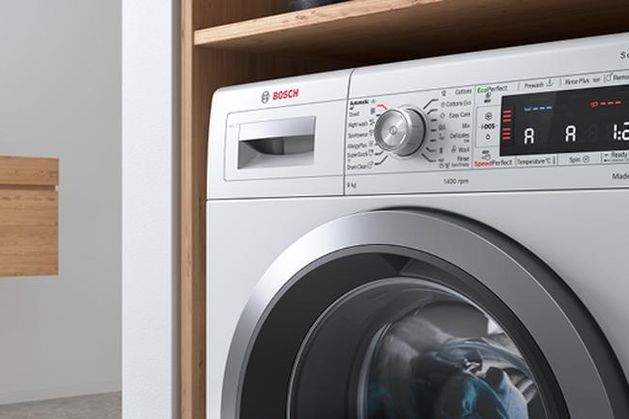Bussiness
Shoppers to get ‘right to repair’ under rules to tackle manufacture of throw-away goods

The rules are to be in effect within two years and will apply mainly to household appliances such as washing machines and fridges; electronic gadgets such as mobile phone and tablets, and batteries such as those used in e-bikes and e-scooters.
By law, manufacturers will have to ensure products are repairable and components replaceable, and will have to offer repairs outside of the warranty period.
They will not be allowed to sneak in barriers to repairs such as contractual clauses or hardware or software that makes it impossible to repair.
They will also have to allow the use of generic spare parts, including 3D printed components, and will not be allowed refuse to repair an item that a rival or independent repairer has already worked on.
The price of repairs is also to be “reasonable” so that it makes financial sense to fix the item rather than buy a replacement.
How the new rules, which stem from the EU’s Right to Repair Directive, will be supervised nationally has yet to be decided.
Barry McGreal, principal officer at the Department of Enterprise and Trade, said Ireland had two years to prepare for the new arrangements.
“We will be considering what body will be responsible for enforcement,” he told the Oireachtas Environment and Climate Action Committee.
The directive also creates a European Repair Information Form for repairers to offer customers, setting out details of the repair including price, timelines and whether a replacement item can be provided in the interim.
It is designed to allow consumers shop around to see who will offer them the best service but it will be voluntary.
The directive is one of a number of measures on the way to cut waste in manufacturing.
Niall McLoughlin, principal officer at the Department of Environment, said there would be a strong focus on textiles, ending fast fashion and throw-away consumerism.
Manufacturers will have to use recycled and/or recyclable fibres, make clothes more durable and repairable and contribute to the cost of waste management.
“We cannot continue to consume things without thinking about where the resources to make them come from and how the waste from those products will be disposed of,” he said.










